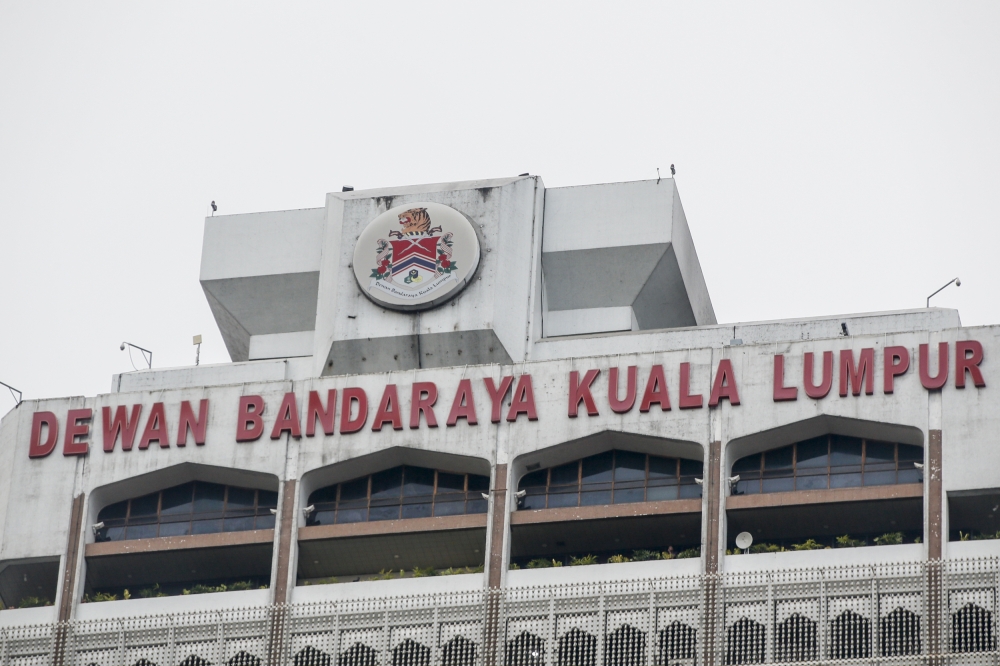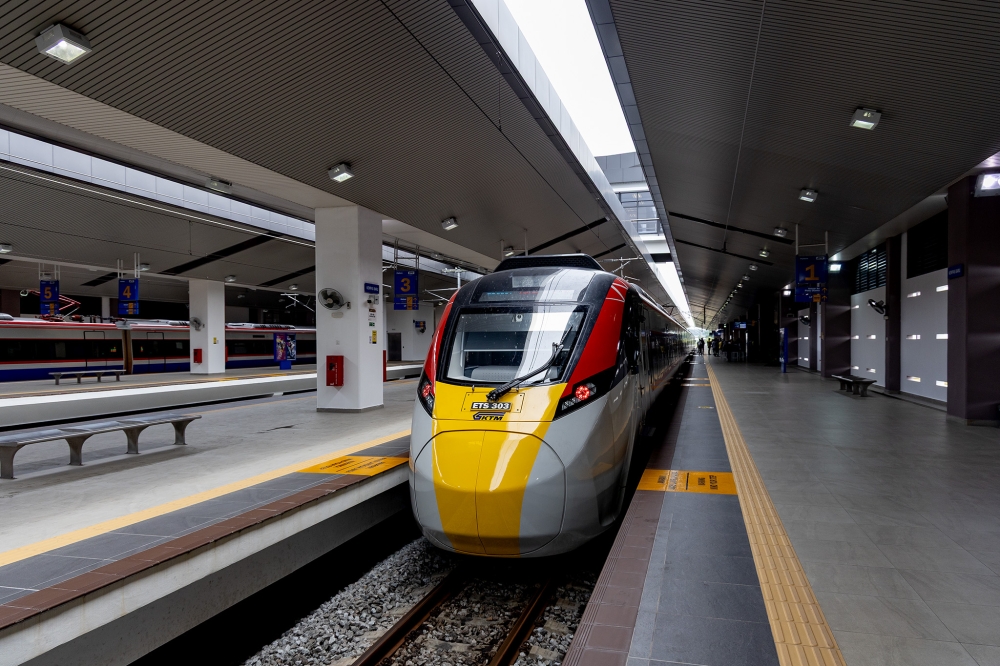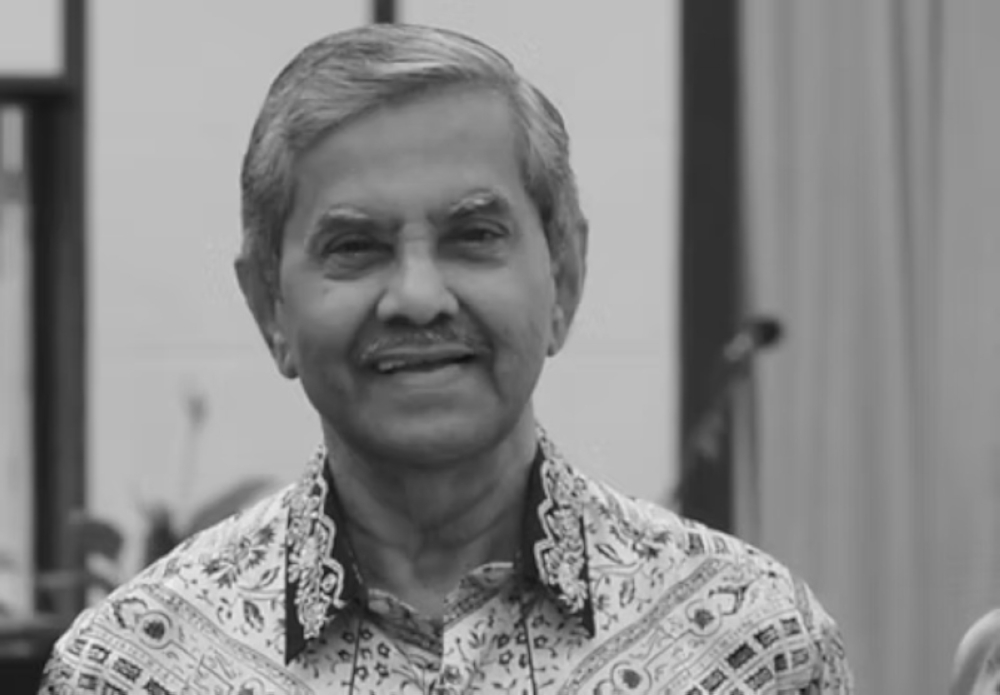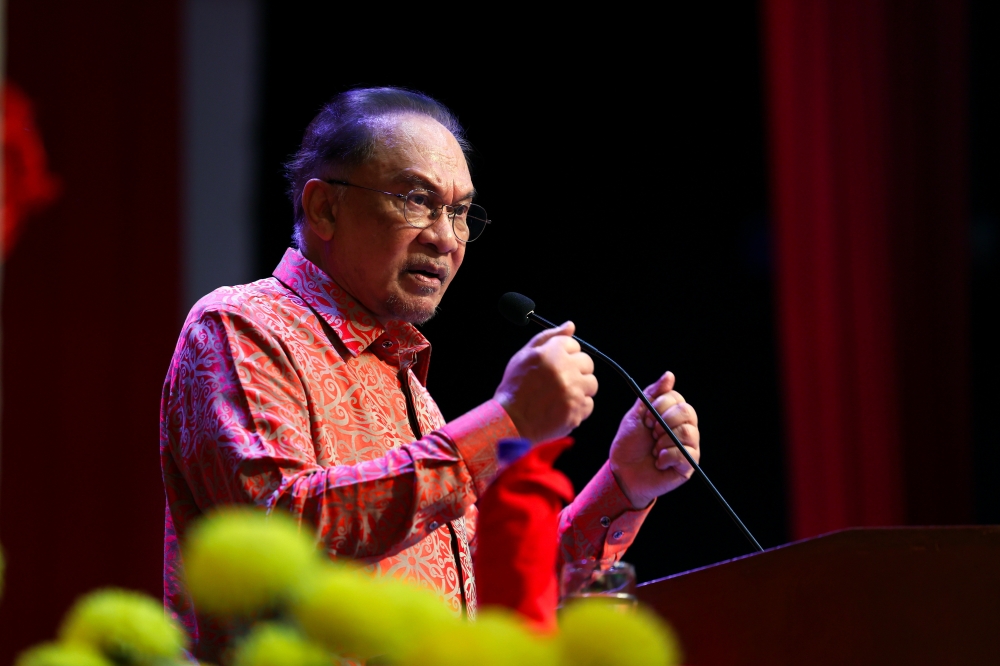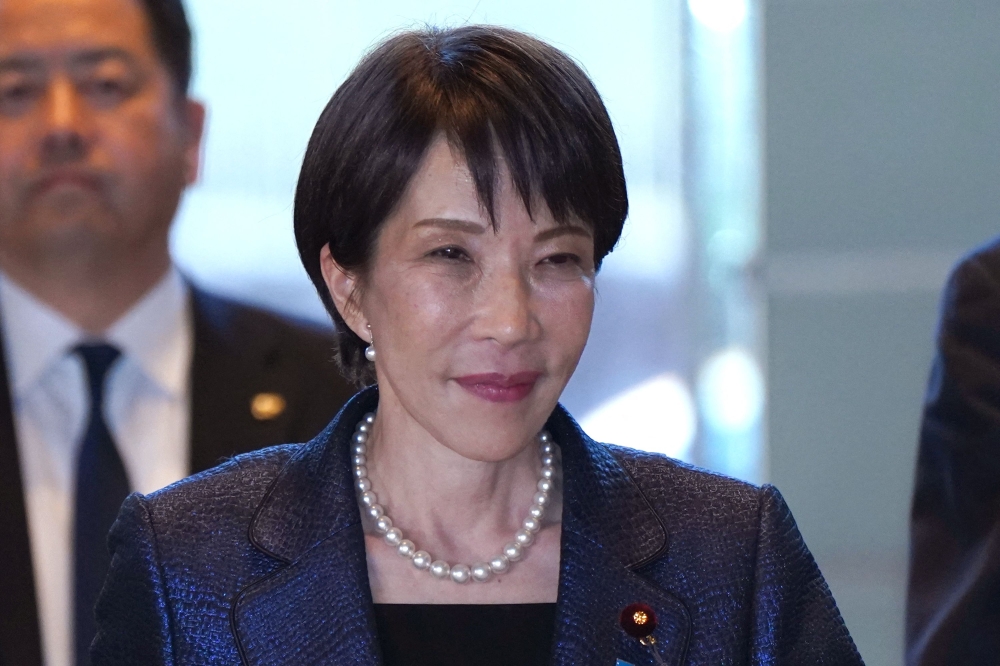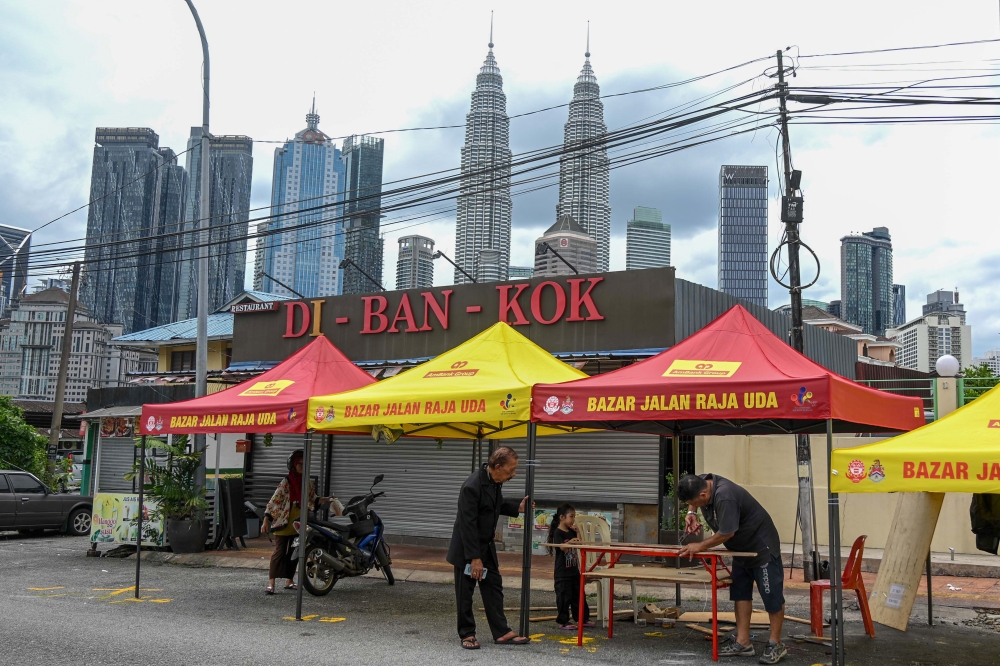LONDON, Dec 2 — Major oil producers decided today to raise output levels in January, despite the Omicron coronavirus variant raising fresh questions over demand.
The Opec+ alliance led by Saudi Arabia and Russia has so far resisted US-led pressure to significantly boost output to rein in surging energy prices.
But the emergence of the variant further complicated the equation, as countries have imposed new travel curbs and mull other measures that could dampen demand and hurt oil prices.
The 13 members of the Vienna-based Organisation of Petroleum Exporting Countries (Opec) and their 10 allies met for a little over an hour today afternoon via video conference.
The group decided to stick with its modest increase in output by 400,000 barrels per day every month, as they have been doing since May.
The Opec+ meeting comes a week after the United States and to a lesser extent China, India and Japan decided to dip into their strategic reserves to help bring down crude prices, after a price surge that has undermined economic recovery.
But the detection of the new variant last week caused crude prices to plunge around 15 per cent, a first since the massive drops of April 2020 when the pandemic started to hit hard.
In the hours before the decision was announced prices for the two benchmark contracts, WTI and Brent, had been largely stable on US$66 (RM279) and US$69 per barrel respectively.
But the fell sharply as the meeting got underway and stood down roughly 2 per cent as the announcement of the production increase was announced
‘Remain cautious’
At a technical meeting yesterday, Opec Secretary General Mohammed Barkindo had “highlighted... that steady progress has been made on the global economic recovery” but also “underscored the need to remain attentive to the prevailing uncertainties and shifting conditions, including those related to the new Covid-19 variant Omicron,” Opec said in a statement.
Washington had called on the cartel to further open the taps.
International Energy Agency executive director Fatih Birol said Tuesday he hoped Opec+ would continue its current policy of increasing production.
The group’s spare capacity is some 10 times higher than the 400,000 barrels per day that it has been adding to the markets every month.
Opec+ drastically slashed output last year as the pandemic began to unfold, and virus-related restrictions caused demand to crash.
Another variable the bloc will have to contend with is the possible return to the market of Iran if talks in Vienna lead to the revival of the 2015 nuclear deal between Tehran and world powers.
Iran’s Foreign Minister Hossein Amir-Abdollahian said today a deal was “within reach if the West shows good will”. — AFP






